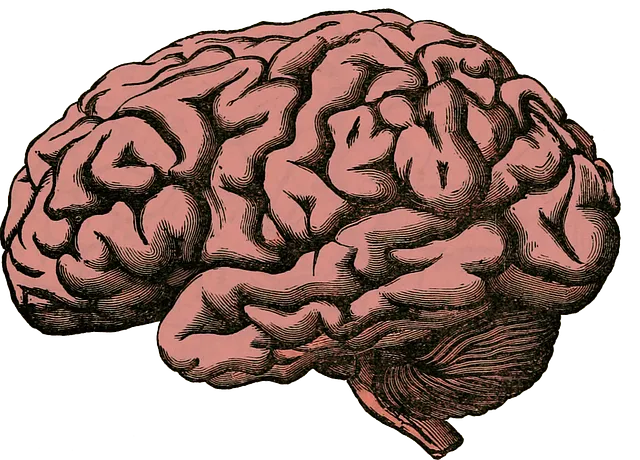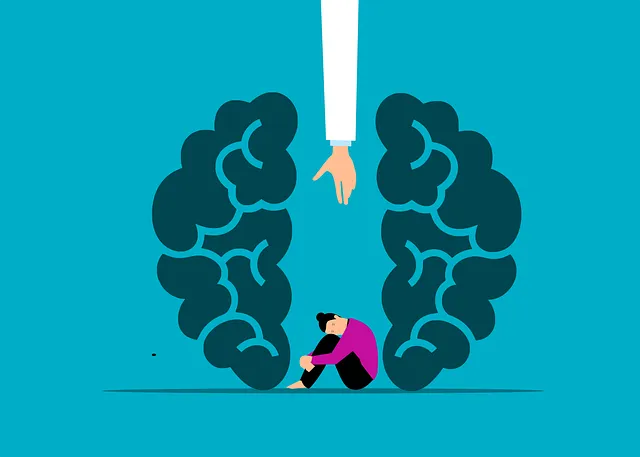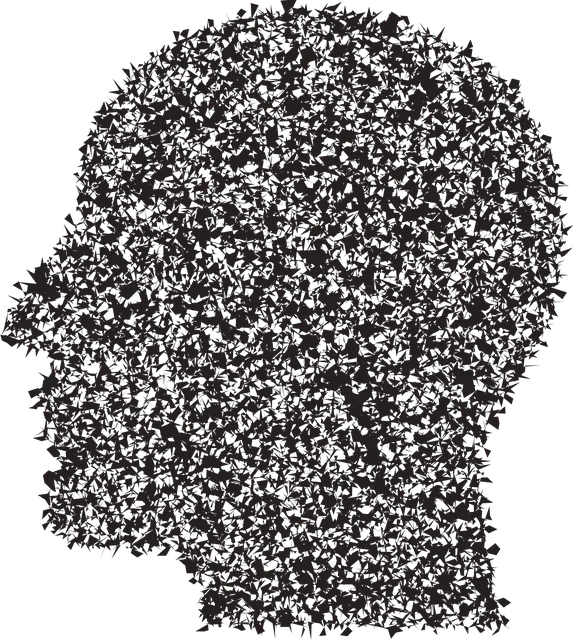In Louisville, Kaiser's mental wellness groups are gaining recognition for their skilled therapists and evidence-based practices. These groups focus on self-care and resilience building, creating safe spaces through active listening and non-judgmental communication. Facilitators employ interactive strategies like icebreakers and role-playing to encourage open dialogue and personal growth. Success is measured through pre/post surveys showing reduced stress, anxiety, and depression, with the program's effectiveness further confirmed by regular check-ins and follow-up assessments. Louisville residents benefit from Kaiser's commitment to high-quality mental wellness care.
Louisville residents seeking mental wellness support have access to top-tier resources, including skilled therapists at Kaiser. This article delves into the art of group facilitation techniques used by these professionals. From establishing a safe haven for participants to engaging active involvement, we explore strategies that foster connection and positive change. Learn how Kaiser’s approach enhances group sessions’ impact, empowering individuals in Louisville to take control of their mental health journeys. Discover effective methods that prove Kaiser’s therapists are indeed leading figures in the community’s wellness landscape.
- Understanding Mental Wellness Group Facilitation: A Role for Kaiser Therapists in Louisville
- Creating a Safe and Supportive Environment: Key Techniques for Group Leadership
- Engaging Participants: Strategies to Enhance Active Participation and Connection
- Measuring Success: Evaluating the Impact of Group Sessions and Individual Progress
Understanding Mental Wellness Group Facilitation: A Role for Kaiser Therapists in Louisville

In Louisville, the role of Kaiser therapists in mental wellness group facilitation is becoming increasingly significant. With a growing awareness of mental health importance, these professionals are equipped to lead supportive and therapeutic environments, addressing various concerns from depression prevention to stress reduction methods.
Kaiser’s presence in the city offers an opportunity for community members to access quality care. Therapists here are trained to facilitate groups focused on self-care routine development for better mental health. By fostering a sense of belonging and shared understanding, these group sessions can be transformative, empowering individuals to navigate their mental wellness journeys with increased resilience. Louisville residents who seek support should consider Kaiser’s offerings, ensuring access to skilled therapists who prioritize evidence-based practices to enhance overall well-being.
Creating a Safe and Supportive Environment: Key Techniques for Group Leadership

Creating a safe and supportive environment is paramount when facilitating mental wellness groups in Louisville or anywhere. Group leaders play a crucial role in setting the tone for open, honest discussions and activities that foster emotional regulation and anxiety relief. Techniques such as active listening, non-judgmental communication, and promoting peer support help individuals feel seen and heard, encouraging them to share their experiences without fear of criticism.
Additionally, incorporating structured activities like Mental Wellness Journaling Exercises can significantly enhance group dynamics. Guidance through these exercises allows participants to process their thoughts and emotions effectively. By combining leadership techniques that prioritize safety with engaging activities, facilitators at Louisville’s Kaiser or any other setting can create an environment conducive to meaningful connections, personal growth, and improved mental wellness for all members.
Engaging Participants: Strategies to Enhance Active Participation and Connection

Engaging participants actively and fostering connections within a mental wellness group setting is paramount to effective facilitation. To encourage participation in Louisville or anywhere, therapists at Kaiser should employ strategies that make sessions interactive and meaningful. One powerful technique is incorporating icebreakers and group activities designed to promote self-reflection and open communication. Starting with simple exercises like sharing personal interests or experiences related to the topic can help break the ice and create a safe space.
Additionally, facilitators can enhance engagement by incorporating diverse activities such as role-playing scenarios for conflict resolution techniques or collaborative problem-solving exercises. This not only makes sessions dynamic but also reinforces important concepts like burnout prevention and self-care routine development for better mental health. By actively involving group members in these activities, therapists at Kaiser can strengthen the support system among participants, making the overall experience more impactful and beneficial.
Measuring Success: Evaluating the Impact of Group Sessions and Individual Progress

Measuring success in mental wellness group facilitation goes beyond mere attendance or completion of sessions. Effective evaluation involves assessing the tangible impact on participants’ lives and emotional well-being. This can be achieved through pre- and post-session surveys, where individuals rate their levels of stress, anxiety, depression, and self-esteem. Comparing these scores reveals significant improvements, indicating the success of the group facilitation techniques employed.
The Louisville Community Outreach Program Implementation includes strategies that foster compassion cultivation practices, which have been shown to enhance emotional resilience and reduce symptoms of mental health disorders. As such, tracking individual progress in these areas is vital. Through regular check-ins and follow-up assessments, therapists at Kaiser can gauge the long-term effects of group sessions on members’ mental wellness, ensuring that the program continues to meet their evolving needs and provide valuable support beyond the initial session series.
In the context of Louisville’s mental health landscape, Kaiser therapists play a pivotal role in facilitating group sessions that foster healing and connection. By implementing techniques outlined in this article—from cultivating safe spaces to engaging participants actively—therapists can create an enriching environment conducive to meaningful progress. As these strategies gain traction, both the collective well-being of Louisville’s community and individual success stories within Kaiser are poised for significant enhancement.






